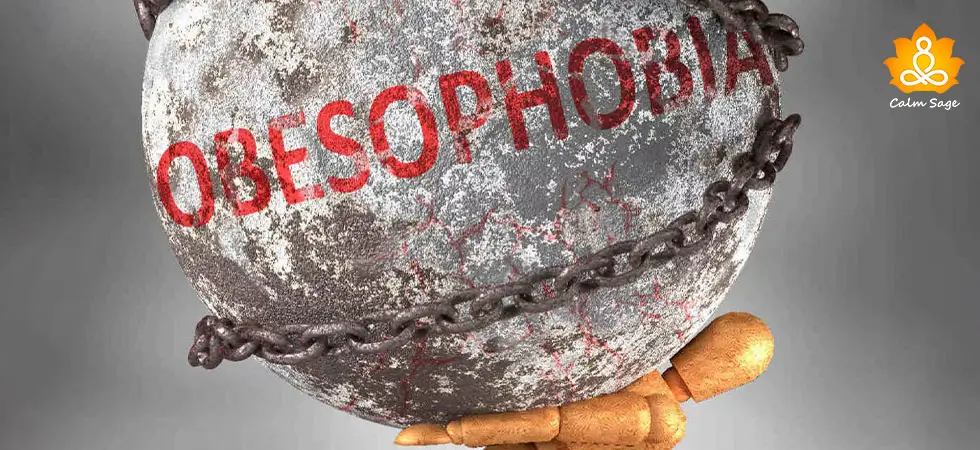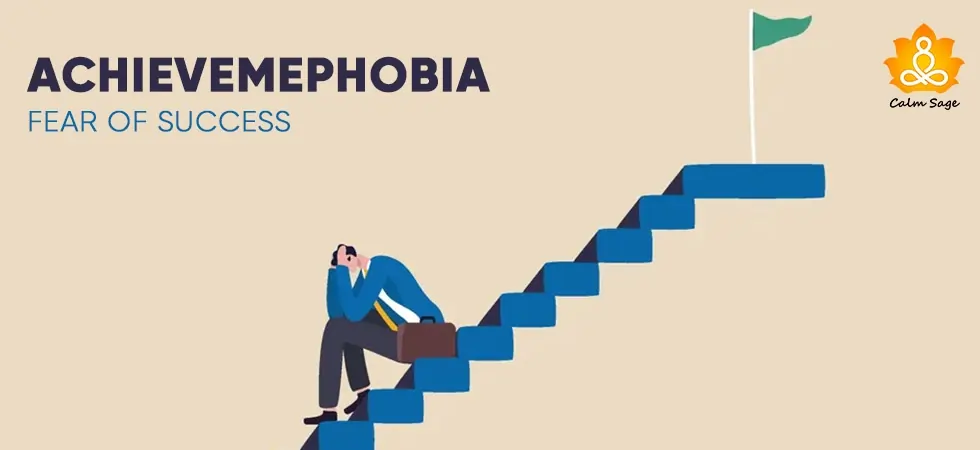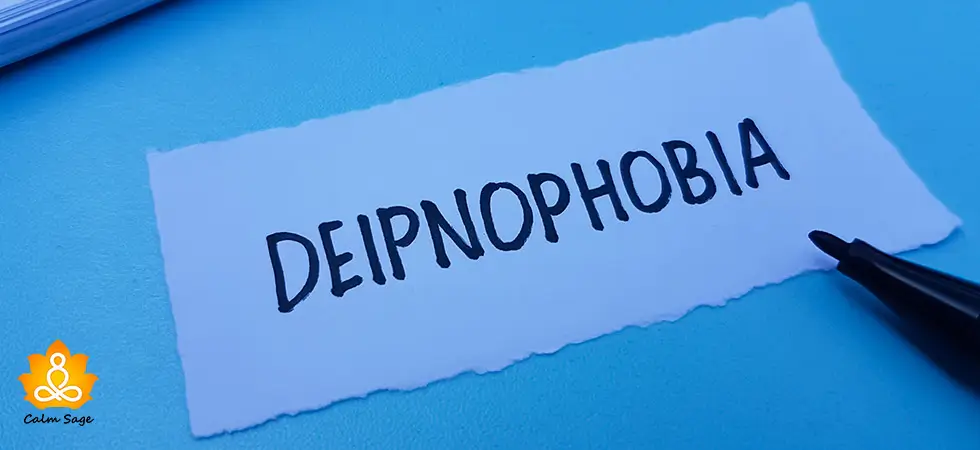What Is Phonophobia: The Fear Of Loud Noises?

Do you feel panicked when you hear a sudden loud noise? Like when your alarm goes off suddenly or when you hear firecrackers bursting suddenly? While hearing a sudden loud noise can be jarring, it is the most reasonable response. But, experiencing panic or anxiety over loud noise isn’t.
This phobia or fear of loud noise can be termed ‘Phonophobia’ or ‘Ligyrophobia’ and is a specific phobia. Although phonophobia is not related to any hearing condition, it can be related to specific disorders and conditions such as autism, PTSD, migraines, or a traumatic brain injury.
So, what is phonophobia: the fear of loud noises?
What Is Phonophobia?
Sudden loud noises can be jolting and uncomfortable. No one enjoys hearing an alarm going off suddenly or suddenly hearing a loud car honk. While some sudden noises can be tolerable to some, for many hearing a sudden loud noise can cause them to panic.
A person with phonophobia experiences an intense reaction to loud noises – no matter what causes it. This fear of loud noises can cause a person to feel anxiety in anticipation or may have reactions such as a panic attack once they hear a sudden loud noise.
This fear of sudden loud noise is common in toddlers but adults may experience this phobia as well. Phonophobia can make a person feel uncomfortable in social situations such as crowded restaurants, parties, concerts, etc.
Symptoms of Phonophobia
Phonophobia can make social situations uncomfortable and can cause a person to feel anxious in anticipation of loud noises. The symptoms of phonophobia can be:
- Feeling anxious
- Sweating
- Shortness of breath
- Increased heart rate
- Chest pains
- Feeling lightheaded or dizzy
- Nausea and vomiting
- Fainting
Fearing a specific situation or object can be common in children, however hearing sudden loud noises can trigger intense reactions in toddlers. While many kids grow out of this fear, some might experience this fear into adulthood.
If your child’s fear lasts longer than a year or if they are having trouble moving on with their fear, then it is recommended that you seek treatment from a professional.
What Causes A Fear Of Loud Noises?
The phobia of loud noises is a mental health condition and can be experienced at any time regardless of age. Phonophobia is a specific phobia therefore there is no exact cause, however, this phobia can be genetic. Having a family history of anxiety disorders may also be another cause.
Phonophobia can also stem from external causes such as childhood trauma or having a traumatic brain injury.
Phonophobia & Other Conditions
In some cases, phonophobia can also be a symptom of conditions such as:
Phonophobia is different from other hearing conditions such as hyperacusis or misophonia. However, individuals with Autism Spectrum Disorder (ASD) can have phonophobia, the fear of loud noises. The phobia, in such cases, can be caused by factors such as anxiety and/or sensory sensitivity.
Adults and children with sensory sensitivity issues are hypersensitive to sounds which may cause them to hear things louder than they are in reality. For example, raindrops may sound like fireworks to people with ASD.
Diagnosing Phonophobia
If you’re afraid of loud noises and if your phobia is interfering with your ability to enjoy life, a doctor can help in diagnosing your phobia. A doctor will diagnose your phobia by asking questions about your triggers and symptoms. You will also be required to discuss your medical and psychological history.
To be diagnosed with phonophobia, a person must meet the diagnosis criteria mentioned in the DSM-5.
Treatment For Phonophobia
Treatment options are available to help deal with the phobia of loud noises:
1. Exposure Therapy
Exposure therapy is a type of psychotherapy approach where a person is exposed to their phobia under the guidance of a therapist. The therapy can be done in an individual therapy setting or can be performed in group therapy. Exposure therapy is one of the most effective treatment approaches when it comes to treating specific phobias.
2. Cognitive-Behavioral Therapy
Cognitive-behavioral therapy (CBT) is another type of psychotherapy approach that is most commonly used to treat phobias. CBT employs some of the features of exposure therapy and combines them with strategies to change negative thought patterns and behaviors into positive ones.
Ready to Get Started?
Disclaimer: As BetterHelp Affiliate, We may receive compensation from BetterHelp or other sources if you purchase products or services through the links provided on this page.
3. Self-Help Techniques
Self-help techniques such as meditation, progressive muscle relaxation, positive self-talk, etc can also help in dealing with phobias. Reaching out to support groups is also another way to help learn how to move on and deal with your fear.
Seeking professional help is an effective way to help treat phonophobia. In extreme cases, medications such as anti-anxiety medications might be prescribed along with therapy to help manage the symptoms of phonophobia.
Phonophobia (the fear of loud noises) is a curable condition as long as you stick with the therapy.
Read: How Systematic Desensitization Can Help You Overcome Fear | Your Complete Guide
Final Words
Phonophobia or the fear of loud noises is a specific phobia and can begin during childhood. If not treated at the time, it can carry on into adulthood and can make daily life uncomfortable. With the help of therapy, phonophobia can be treated.
I hope this article helped answer your question; what is phonophobia or the fear of loud noises. To learn more about specific phobias, you can visit our website for more or follow us on social media.
Take care!




















